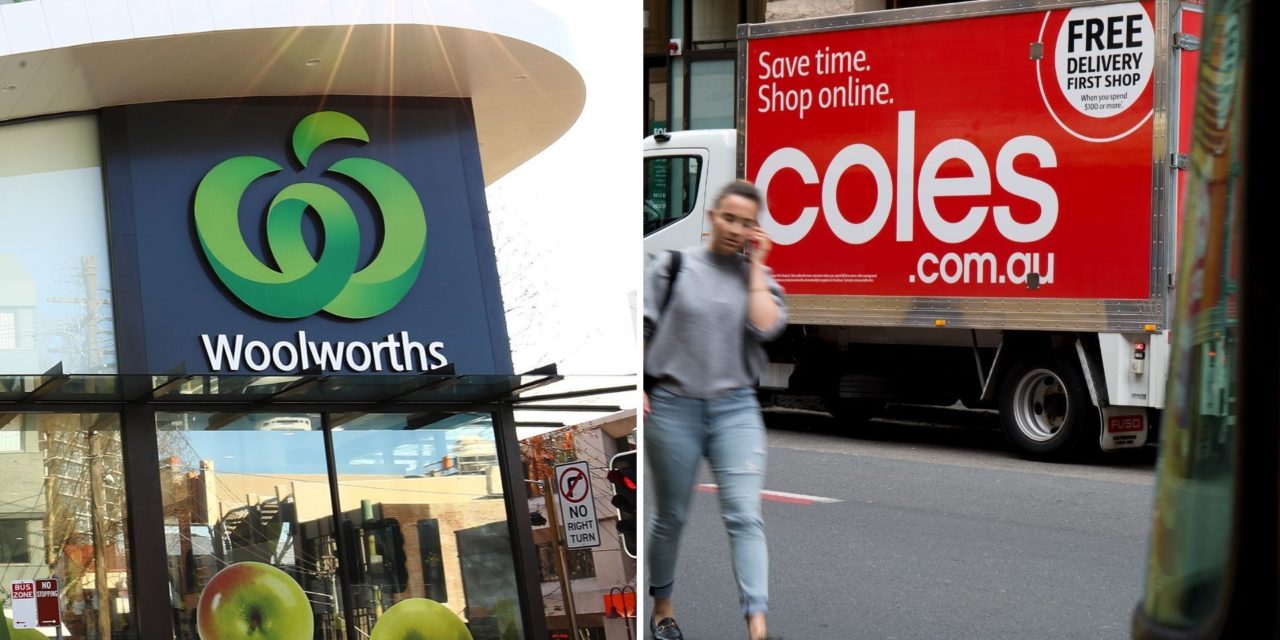THE CEO of the peak industry group representing freight and logistics operators has urged patience from shoppers as transport operators nationally work overtime to help supermarkets respond to record consumer demand prompted by the coronavirus.
Victorian Transport Association CEO Peter Anderson has sought to calm consumers and assure them there is ample supply of essential household goods in warehouses around the country and on ships bound for Australia.
He also paid tribute to the tremendous efforts of transport and supermarket workers to re-stock shelves.
“Panic buying that has seen shopper’s empty shelves of goods like toilet paper, rice, pasta, flour and other pantry staples is totally unnecessary because grocery chains anticipate future demand and keep warehouses stocked accordingly,” he said.
“Coronavirus has prompted consumers to buy much more than they need and what we are seeing now are rapid adjustments in ordering and in the supply chain to sustain this record demand.
“The transport industry is working overtime to deliver goods to shops and supermarkets, underscoring the immense value of heavy vehicle drivers – and their trucks – to the communities they serve.”
Anderson said the biggest impediment to supply chains keeping pace with unprecedented demand was access.
“Around 80% of the freight task is located within 100 kilometres of its final destination which underscores the need to free up seamless access to delivery points.
“We commend the Victorian Government to for pressuring councils to ease curfews on arterial roads, especially at night which is the optimum delivery time for heavy vehicles.”
The VTA also wants to see permanent 24/7 clearways so that traffic flows freely and trucks have clearer access to where they need to go.
Mr Anderson said patience and a return to normalcy was required from consumers so that supply chains could satisfy the unprecedented demand seen over the past week.
“While consumers are rightly concerned about COVID-19, they do not need to be worried about supermarkets running out of goods because all the evidence points to there being ample stock in the supply chain.
“What we don’t want to see are shoppers thinking they have to buy a month’s worth of groceries every time they go to the store. If shoppers would resist the temptation to buy household essentials they might see on the shelves but don’t have a pressing need for, it would give others with a genuine need a chance,” he said.

